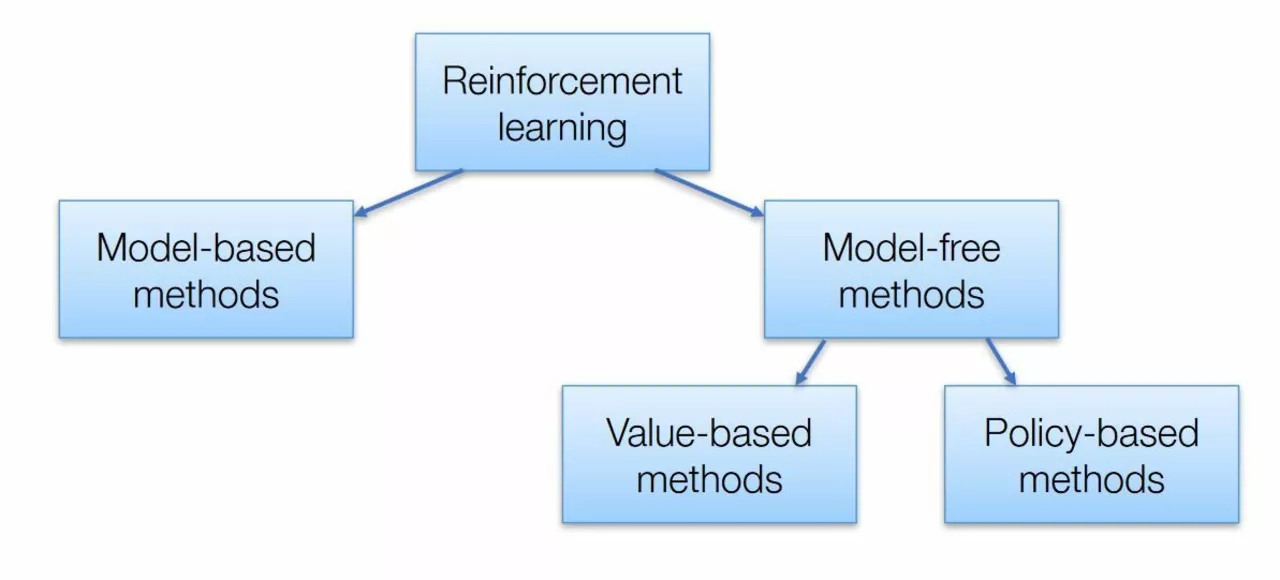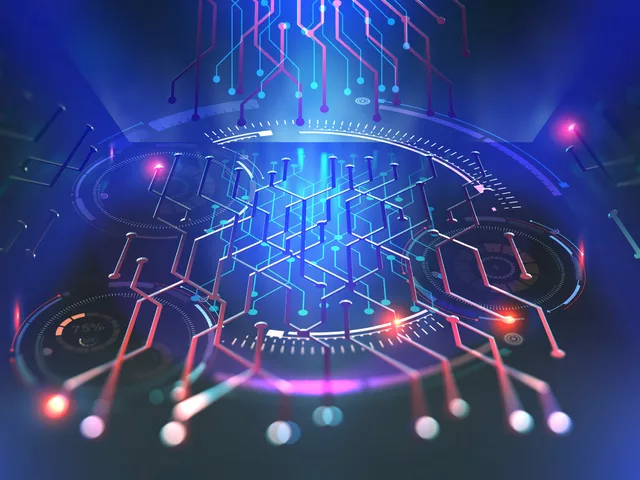Artificial Intelligence and Society: What Happens Next?
Did you ever wonder why your phone can suggest a song before you even think about it? That’s AI learning your habits, and it’s just the tip of the iceberg. As AI moves from smart assistants to decision‑making engines, it’s changing the way we work, think, and interact. This page breaks down the biggest ways AI is affecting everyday life and gives you clear steps to stay ahead.
Job Displacement: How Real Is It?
Automation is already handling routine tasks in factories, customer service, and even simple legal work. The result? Some jobs disappear, while new roles pop up that need tech‑savvy people. If you’re worried about being replaced, start by upskilling in areas AI can’t replicate easily—creative problem solving, complex negotiations, and empathetic care. Online courses in data literacy or basic programming can make a huge difference, and many employers now list “AI awareness” as a plus.
Think of it like the shift from horse‑drawn carriages to cars. The carriage makers didn’t all vanish; they pivoted to build engines, design roads, or manage traffic. Your career can follow a similar path—identify the parts of your job that need a human touch and double down on those.
Ethical Dilemmas & Misuse: Why We Must Care
AI doesn’t have a conscience. When an algorithm decides who gets a loan or which video appears in your feed, it follows patterns it’s been fed—patterns that can be biased or incomplete. This can reinforce unfair stereotypes or exclude entire groups. The key is transparency: demand that companies explain how their AI works and push for audits that check for bias.
Beyond bias, there’s the darker side of AI—deepfakes, cyber‑warfare, and surveillance tools that can track you without consent. Protect yourself by using strong passwords, two‑factor authentication, and staying skeptical of images or videos that look too perfect. On a larger scale, support policies that regulate AI development and hold creators accountable for misuse.
Balancing innovation with responsibility isn’t easy, but it’s necessary. When you understand how AI decides, you can question its outcomes and help shape better rules.
In short, AI will reshape jobs, ethical standards, and daily habits. The good news? You can stay in control by learning new skills, demanding transparency, and using basic digital hygiene. Keep an eye on how AI tools affect you, and turn curiosity into action. The future of AI and society isn’t set in stone—it’s being written by people like you right now.

What is the problem AI will bring us?
As a blogger, I've been noticing a growing concern surrounding the rise of Artificial Intelligence (AI) in our society. One major problem AI could bring us is job displacement, as more tasks become automated, potentially leaving many people unemployed. Additionally, AI's decision-making abilities may lead to ethical dilemmas, as machines might not consider the nuances of human emotions and values. Furthermore, the risk of AI being used for malicious purposes, such as in cyber warfare, is a frightening possibility. In summary, while AI has the potential to revolutionize our world, it also raises significant concerns about job security, ethical dilemmas, and the potential for misuse.
CONTINUE READING



